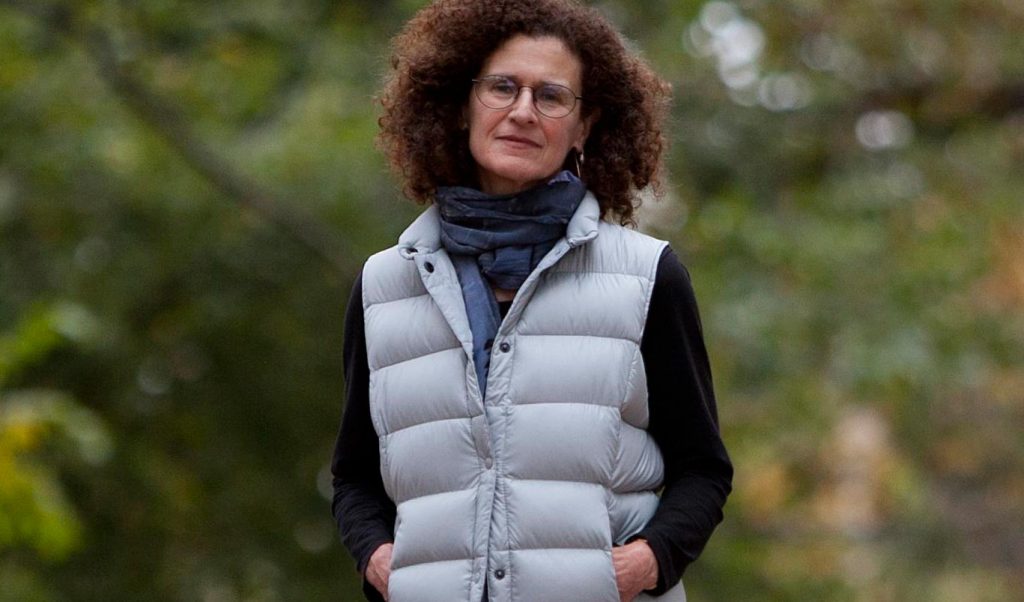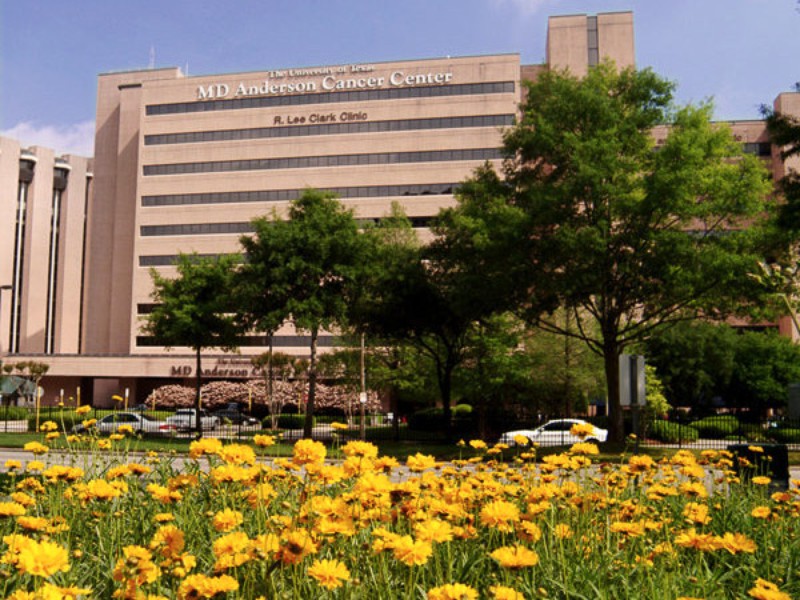A taut, tension-filled story of a man helping the woman he loves flee her abusive husband, a poem whose technical expertise and emotional surefootedness exemplify the mature work of a poet writing at the height of his powers, and a couple of lively poems exuding the energy and sensibility of a new generation have won the trio of literary prizes awarded each year by Michigan Quarterly Review.
Lawrence Foundation Prize
Shimon Tanaka has been awarded the $1000 Lawrence Foundation Prize for 2010. The prize is awarded annually by the Editorial Board of MQR to the author of the best short story published that year in the journal. Tanaka’s story, “Destruction Bay,” appeared in the Fall 2010 issue.
“Destruction Bay” is a riveting examination of three personalities and their interrelationships under ratcheting stress in a story whose climax is devastating and unforgettable.
Shimon Tanaka is the thirty-third winner of the prize, joining, among other authors, Charles Baxter, Paul Bowles, Susan Dodd, Clark Blaise, Sena Jeter Naslund, Alice Mattison, and Lynne Sharon Schwartz. The prize is endowed by the Lawrence Foundation and its director, Leonard S. Bernstein, an alumnus of the University of Michigan and himself a fiction writer.
Shimon Tanaka lives in San Francisco and is a lecturer at Stanford University. His fiction has appeared in the anthology Best New American Voices and in Glimmer Train, the Missouri Review, and the Gettysburg Review. He has received fellowships from the Stegner Program, the Fine Arts Work Center in Provincetown, and the Asian Cultural Council.
Laurence Goldstein Poetry Prize
Albert Goldbarth is the recipient of the 2010 Laurence Goldstein Poetry Prize, which is awarded annually to the author of the best poem appearing that year in the Michigan Quarterly Review. His poem “Our Argument, like the Thunderstorm” appeared as part of a sequence of poems in the Winter 2010 issue.
“Our Argument, like the Thunderstorm” is a poem whose sound and form mimic what it describes. As poet and creative writing faculty member A. Van Jordan, who served as this year’s judge, commented, “This is a beautiful poem, one that should be read aloud.”
The Laurence Goldstein Prize, which is $1000, was established in 2002 by a generous gift from the Office of the President of the University of Michigan. A different judge is selected each year by the university.
Albert Goldbarth has published dozens of collections of poetry, the most recent of which is To Be Read in 500 Years, from Graywolf Press. Graywolf will publish his newest collection, Everyday People, early in 2012; it will include many of the poems published in this sequence. Goldbarth has twice won the National Book Critics Circle Award for Poetry and has been awarded fellowships from the National Endowment for the Arts and the Guggenheim Foundation, among many other honors. He is the first poet to have been awarded the Laurence Goldstein Prize twice; he also won the prize in 2008 for his poem “That Re-(What We Are).”
Page Davidson Clayton Prize for Emerging Poets
Eric Lee is the second recipient of the new Page Davidson Clayton Prize for Emerging Poets, which is awarded annually to the best poet appearing in MQR who has not yet published a book. The award, which is determined by the MQR editors, is in the amount of $500.
The poems by Eric Lee published in the Summer 2010 issue, “Getting Kicked out of Steamers Restaurant in Fairhope, Alabama” and “Kangaroo or Lion?,” with their long, rambling lines and loose, contemporary vernacular, conjure up the freedom and buoyancy of youth precisely at the moment when they are being undercut by hard realities. This work heralds the arrival of a young poet worth keeping track of.
The Page Davidson Clayton Prize was established in 2009 by a generous gift from Meg and Mac Clayton in honor of Mac Clayton’s mother and in support of poetry and the development of new poets.
Eric Lee is a Ph.D. student in Creative Writing at Florida State University. His most recent work has appeared in RATTLE, Crab Creek Review, New York Quarterly, Slipstream, Dos Passos Review, and Chicago Quarterly Review.



